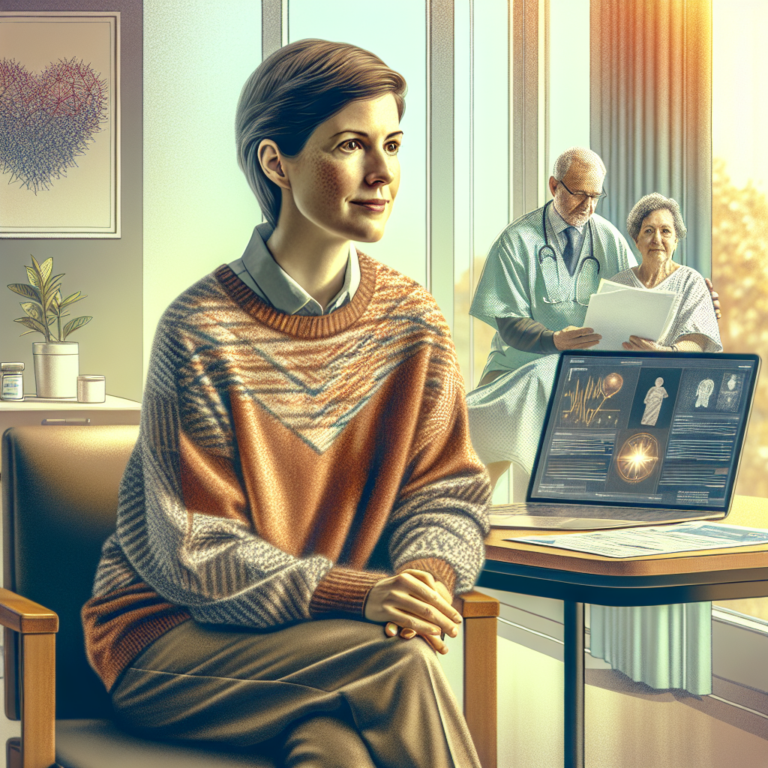Unlocking Healing: How a Genetic Mutation Transformed My Treatment Journey

Journey from Pain to Diagnosis: A Personal Story of Triumph Over Pancreatic Cancer
Experiencing persistent back pain can often be dismissed as a common ailment, but for one individual, it was the catalyst for a life-altering diagnosis. In the fall of 2017, this journey began with severe mid-back pain that led to unexpected discoveries about pancreatic cancer. This story emphasizes the importance of seeking second opinions and understanding genetic predispositions in cancer treatment.
Back Pain Sparks a Life-Changing Diagnosis
During the winter months of 2018, a series of debilitating back pain episodes prompted a visit to Dr. Jesse Jenkins, a primary care physician based in Louisville, Kentucky. Initially suspecting a gallbladder issue, Jenkins ordered an abdominal ultrasound. Within an hour of the test, he delivered shocking news: a mass had been detected on the pancreas.
Despite inconclusive follow-up tests, including a CT scan and MRI, the situation took a serious turn. A family member, a radiologist, encouraged a deeper investigation, leading to a consultation with Dr. Gary Vitale at University of Louisville Physicians. After a lengthy six-month diagnostic process, the individual was diagnosed with stage I acinar cell carcinoma (ACC) in June 2018.
The Crucial Role of a Second Opinion
After carefully weighing options with Dr. Vitale and family, the decision was made to seek a second opinion at MD Anderson Cancer Center in Houston. The medical team there recommended a comprehensive treatment plan that included four cycles of neoadjuvant FOLFIRINOX chemotherapy, followed by a Whipple procedure and additional chemotherapy sessions.
The treatment journey involved:
- Neoadjuvant Chemotherapy: Four cycles of FOLFIRINOX
- Surgery: Whipple procedure performed by Dr. Ching-Wei Tzeng
- Post-Surgery Chemotherapy: Eight additional rounds of FOLFIRINOX
The chemotherapy brought its own challenges, including nausea, fatigue, and weight loss, yet the individual remained determined to push through. After surgery, they returned home to complete the remaining chemotherapy, navigating the side effects with resilience.
Genetic Factors and Their Implications
Cancer has a history in the family, with several members affected by various forms of the disease. A BRCA2 mutation was identified in the family, which significantly influenced treatment decisions. Having undergone genetic testing about a decade earlier, the individual learned they too carried this mutation.
This genetic predisposition led doctors to recommend platinum-based chemotherapy, which proved effective. Since completing treatment in April 2019, they have remained cancer-free. Reflecting on the experience, the individual expressed gratitude for the medical advancements that made their treatment possible.
Community Support and Reflection
Looking back, the individual recognizes the importance of having a robust support system throughout this challenging journey. Family members, friends, and colleagues provided unwavering encouragement, making the experience more manageable. They acknowledged the privilege of early detection, access to medical resources, and the expertise of their surgical and oncology teams.
In conclusion, this personal journey highlights the critical need for vigilance regarding one’s health, especially in the presence of genetic factors. The experience serves as a reminder to advocate for second opinions and proactive screenings, particularly for conditions that may not be prevalent in family history.
For an inspiring account of this journey, watch the video titled “My Life is Good Now.”






